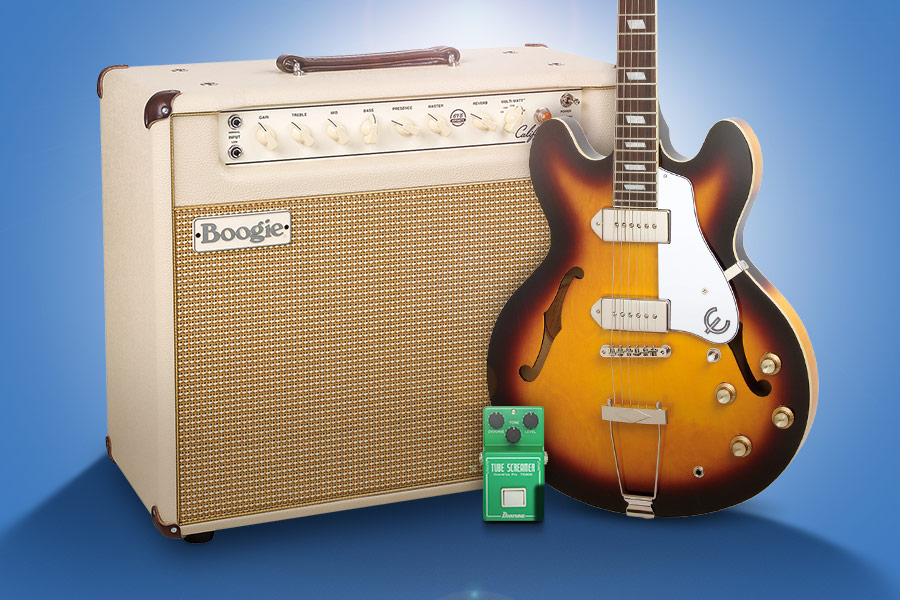Music has been an integral part of human culture for millennia, transcending borders, languages, and time. It is a powerful form of expression that can evoke a wide range of emotions, from joy and excitement to sadness and nostalgia. Whether it’s the rhythmic beats of a drum, the soothing melodies of a violin, or the energetic tunes of a guitar, music pix é golpe has a unique ability to move us in ways that words alone cannot.
One of the most remarkable aspects of music is its universality. No matter where you go in the world, you are likely to find people creating and enjoying music. It is a language that transcends cultural barriers, allowing us to connect with others on a deeper level. In fact, studies have shown that music can have a profound impact on our brains, triggering the release of neurotransmitters like dopamine, which are associated with pleasure and reward.
Music is also a form of communication that can convey complex emotions and ideas. In many cultures, music has been used as a means of storytelling, passing down traditions and histories from one generation to the next. It can also serve as a form of protest or social commentary, giving a voice to those who may not otherwise be heard.
In addition to its emotional and communicative qualities, music also has the power to heal. Music therapy, a field that uses music to treat a variety of physical and mental health conditions, has been shown to be effective in reducing stress, anxiety, and depression. It can also help improve cognitive function and motor skills in people with neurological disorders.
One of the most beautiful things about music is its sheer diversity. From classical to jazz, rock to hip-hop, there is a genre of music for everyone. Each style of music has its own unique characteristics and history, reflecting the culture and experiences of the people who created it.
